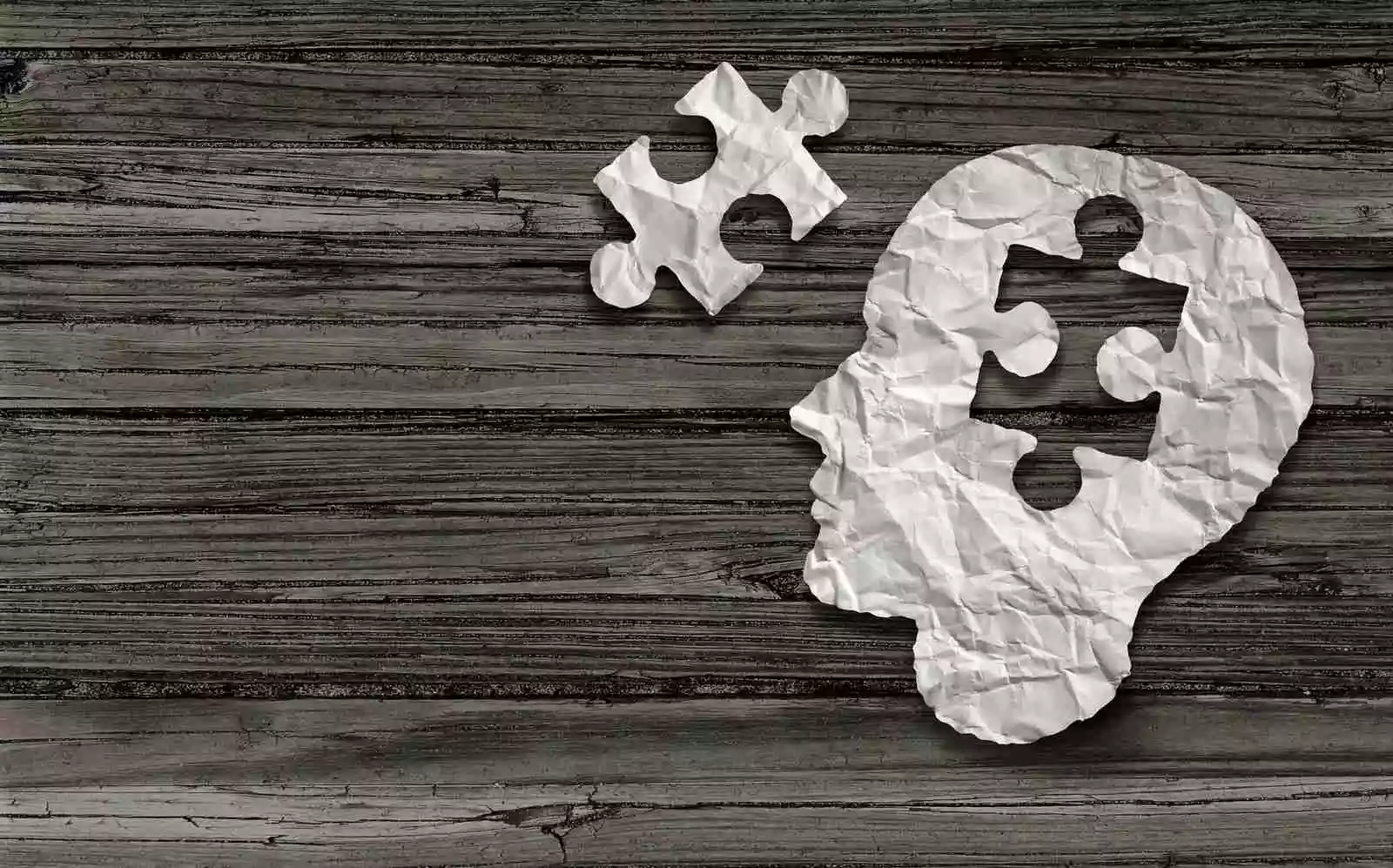This article will address information about Dialectical Behavior Therapy (DBT), highlighting DBT pros and cons, enabling you to make informed decisions regarding its suitability for your mental wellness.

DBT (Dialectical Behavior Therapy)
Dialectical behavioral therapy has its roots in cognitive behavioral therapy. It was developed in the 1980s specifically for treating borderline personality disorder for clients struggling with suicidal thoughts. Today, however, despite any pros and cons of DBT therapy, it is heavily used to treat:
- Borderline personality disorder
- Anxiety disorder
- Major depressive disorder
- Substance abuse disorder
This form of therapy is divided into four modules:
- Mindfulness
- Distress tolerance
- Emotional regulation
- Interpersonal effectiveness
These four modules provide skill-building opportunities to help you achieve a meaningful life with mental health conditions. But what are the pros and cons of DBT?
Pros of DBT for mental wellness
DBT is a great opportunity for those who need to learn to accept their emotions and their current state rather than try to change or control them. To that end, therapeutic treatment is often lengthy but offers a chance to build lots of skills that contribute toward a better life, one where you aren’t in constant conflict with how you feel.
Evidence-based practice
The pros and cons of DBT might be debatable, but what isn’t debatable is that it’s an evidence-based approach. This practice provides stress management tools founded in a holistic approach. All of these tools are designed to improve emotional and stress regulation. While it is intensive, it also has a low dropout rate because it is highly effective.
Holistic approach
Several elements of DBT are taken from Eastern philosophies, like Zen Buddhist teachings. Using a holistic approach provides an alternative to traditional talk therapy that can help people address several underlying mental health conditions.
Skill development
The main pros and cons of DBT therapy have to do with skill development. This can sometimes be seen as a downside, but for many, the skill development acquired in this type of therapy is a positive attribute. Some of the skills taught include:
- The ability to handle a crisis
- Emotional regulation
- Emotional resilience
- Trigger identification
- Mindfulness
- Improved social skills
- Better listening skills
- Assertiveness
- Communication
- Healthy coping mechanisms
Flexibility
The pros and cons of DBT can vary from one person to the next, but it’s particularly effective in offering flexibility for treatment. While originally designed to help treat borderline personality disorder, DBT can now effectively treat several mental health disorders and works well when used in conjunction with medication.
Reduction in self-harming behaviors
The high level of effectiveness, emotional regulation, and stress management skills provided help to reduce self-harm behaviors.

Cons of DBT for mental wellness
Still, DBT may not be a good fit for everyone. There are some downsides to this therapy.
Intensity and commitment required
DBT usually takes between 6 months and 12 months to complete. However, you might be advised to take even longer with certain mental health conditions. This intensity and time commitment could be out of reach with your one-on-one sessions, take-home assignments, and group work.
Accessibility
Out of the pros and cons of DBT, one of the biggest downsides could be the accessibility. A specialist oversees this type of therapy, and you might live in an area where there aren’t qualified therapists or psychiatrists offering DBT.
Potential overemphasis on skills
With DBT pros and cons, another downside is the potential overemphasis on skills. When you participate in this form of treatment, many skills are taught, and it can be overwhelming for some people to have such a heavy emphasis on skills and have so much writing on acquiring that many skills.
There’s a lot of group work involved in this type of program, and the group sessions are where you practice new skills before applying them to the outside world. However, this can still be overwhelming for people, depending on their situation and mental health condition.
Not for everyone
Tangentially, DBT has very strict rules and structure, which might not work well for all clients, especially if they are already concerned about the intensity and commitment required.
Cost
DBT can cost a lot of money if you have to pay for several months or more of individual and group therapy sessions. Not all insurance providers will cover the extent of the treatment you might need, which can force you to pay for the difference out of pocket.
DBT compared to other therapies
Dialectical behavioral therapy is a form of talk therapy that helps you better understand how you think, feel, and act. However, it differs from other forms of therapy, like cognitive behavioral therapy, in terms of the following:
- Goals
- Philosophy
- Structure
DBT encourages you to accept the thoughts you are having and to learn how to cope with your thoughts and feelings rather than change them. CBT can help you change your negative and unhelpful thoughts and behaviors, while DBT helps you improve your life by regulating your emotions’ impact and being mindful of them.
DBT is also a much longer form of treatment than CBT or group therapy. It has a mindfulness basis with a focus on how you react to yourself and others, whereas things like CBT focus more on logic and identifying illogical thoughts and subsequent emotions.

How to decide if DBT is right for you
When you review DBT pros and cons, it might be difficult to decide whether it’s the right therapy for you. One of the best things you can do is to consult with a mental health professional. Getting a consultation can help you receive an official diagnosis for any underlying mental health conditions if you don’t already have one, and it can help you speak with a professional as to which form of therapy might be most effective to manage the type of symptoms with which you struggle most.
Summing Up
While there are pros and cons, DBT is an incredibly effective tool. This form of therapy has great healing power. If you feel it’s right for you, don’t hesitate to pursue DBT therapy. You deserve improved mental wellness no matter how you get there.



